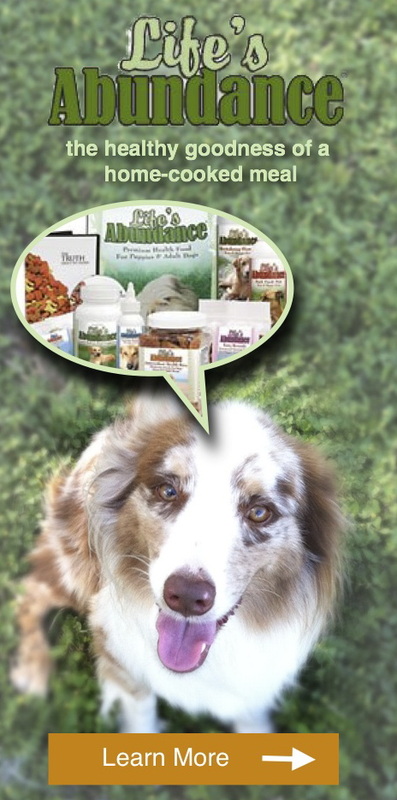Gross!
It is a fact of life: many of us know and love a dog that practices this disgusting gustatory habit, and many dog owners are pulling their hair out trying to get their pet to stop!
You may or may not know that for canines in the wild, this is a natural instinct and not at all odd. Dogs are scavengers, after all, and this might be within the range of scavenger behavior. Wild canines may also be trying to prevent the scent from attracting predators. For domesticated adult dogs, however, this is usually not a normal behavior.
Most of the time, there are valid medical and psychological conditions that can contribute to the practice of coprophagia. Some causes include attention-seeking behavior, anxiety or stress. Health problems, such as pancreatitis and intestinal parasites, can cause coprophagia, and dogs will move heaven and earth to get to “kitty tootsie rolls”! (Apparently, dogs really like the taste of kitty poo.)
If you have a doggie-doo-eater, this all may sound too familiar, but do not despair! Even if your dog has done this their whole life, it is possible for them to stop, and there are training methods and products available to curb and possibly even end the behavior.
In this video, Dr. Sarah details the causes of coprophagia in domesticated dogs, and lays out several actions you can take at home to end coprophagic behavior in your dog. With dedication, discipline and following the recommended principles, it is possible to change your doggie-doo eater!







 RSS Feed
RSS Feed




